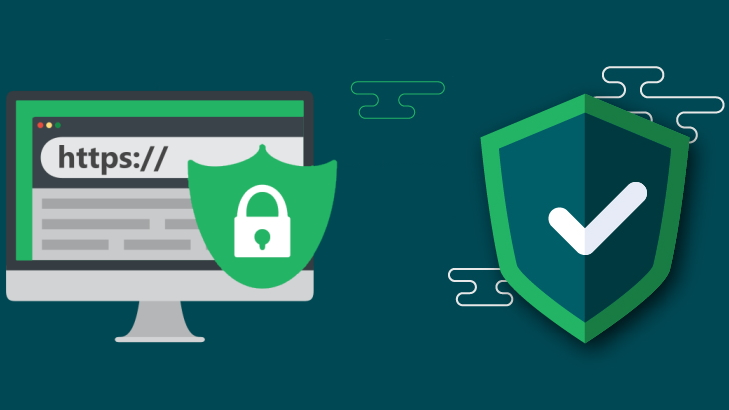
Image From : linkedin.com
The business world now runs on the cloud. From nimble startups to global corporations, every company needs a robust, scalable, and secure infrastructure to store data, run applications, and innovate. In this arena, three giants dominate: Amazon Web Services (AWS), Google Cloud Platform (GCP), and Microsoft Azure.
Choosing between them can be a daunting decision. Each offers unique strengths, diverse features, and different pricing models. This article will provide an in-depth comparison, helping you understand which one is the best fit for your business needs.
A Quick Look at the Three Giants
- AWS: As the pioneer and market leader, AWS is the most mature cloud platform with the largest ecosystem. AWS offers hundreds of services, from computing and storage to artificial intelligence, making it the top choice for countless companies.
- Microsoft Azure: Azure has grown rapidly and is now AWS’s strongest competitor. Its key strength lies in its deep integration with widely-used Microsoft products like Windows Server, Office 365, and .NET, making it a natural choice for companies already in the Microsoft ecosystem.
- Google Cloud (GCP): While the youngest of the three, GCP boasts an incredibly powerful infrastructure, based on the same technology that powers Google Search, YouTube, and Gmail. GCP excels in the fields of data and artificial intelligence, offering cutting-edge solutions that are hard to match.
Key Comparisons for Business
1. Compute
- AWS: Offers EC2 (Elastic Compute Cloud), the most flexible and diverse computing service. AWS has a wide variety of instance types that can be tailored to almost any workload, from the most basic to the most complex.
- Azure: Provides Azure Virtual Machines, which offer the best integration with Microsoft and Windows products.
- GCP: Stands out with Compute Engine, known for its stable performance and competitive pricing, especially for high-compute instances.
2. Storage
- AWS: Its Amazon S3 storage service is the industry standard—highly reliable and offering flexible storage options.
- Azure: Azure Blob Storage is ideal for storing unstructured data and integrates seamlessly with other Azure services.
- GCP: Google Cloud Storage is highly competitive, especially with its outstanding performance and robust security.
3. Pricing and Cost Models
- AWS: Offers a complex but very detailed pricing model. You pay per hour and per usage, with discounts for long-term reservations.
- Azure: Has a similar pricing model but offers significant discounts for customers who already have Microsoft licenses (Azure Hybrid Benefit). This can be a huge cost-saver.
- GCP: Is known for its most transparent and flexible pricing model, with automatic discounts for sustained usage, no contract needed.
4. Security
All three giants are extremely serious about security, investing heavily to protect customer data.
- AWS: Has the most complete and comprehensive set of security services, with highly detailed tools like IAM (Identity and Access Management).
- Azure: Offers the integrated Azure Security Center service, which is very helpful for IT teams already familiar with Microsoft products.
- GCP: GCP’s security is built on the same infrastructure that secures Google itself. The Google Cloud Armor service provides strong protection from DDoS attacks and other threats.
Which Is Right for Your Business?
- Choose AWS if: You’re looking for the most mature platform with the broadest ecosystem of services. If you have an experienced IT team and want maximum flexibility, AWS is the right choice.
- Choose Microsoft Azure if: Your business is heavily reliant on Microsoft products (Windows Server, SQL Server, .NET). The seamless integration and Azure Hybrid Benefit can save you a lot of money.
- Choose Google Cloud if: Your company is heavily focused on big data, analytics, and artificial intelligence. Google’s incredibly fast global infrastructure also makes it an ideal choice for applications that require low latency.
Conclusion: The Choice Is Yours
There’s no single answer to the question “which one is the best?”. All three platforms are equally powerful and reliable. The final decision should be based on your business’s specific needs, your team’s expertise, and the cost model that makes the most sense. Do a thorough evaluation, test out the features, and find the cloud giant that is best suited to take your business into the future.




